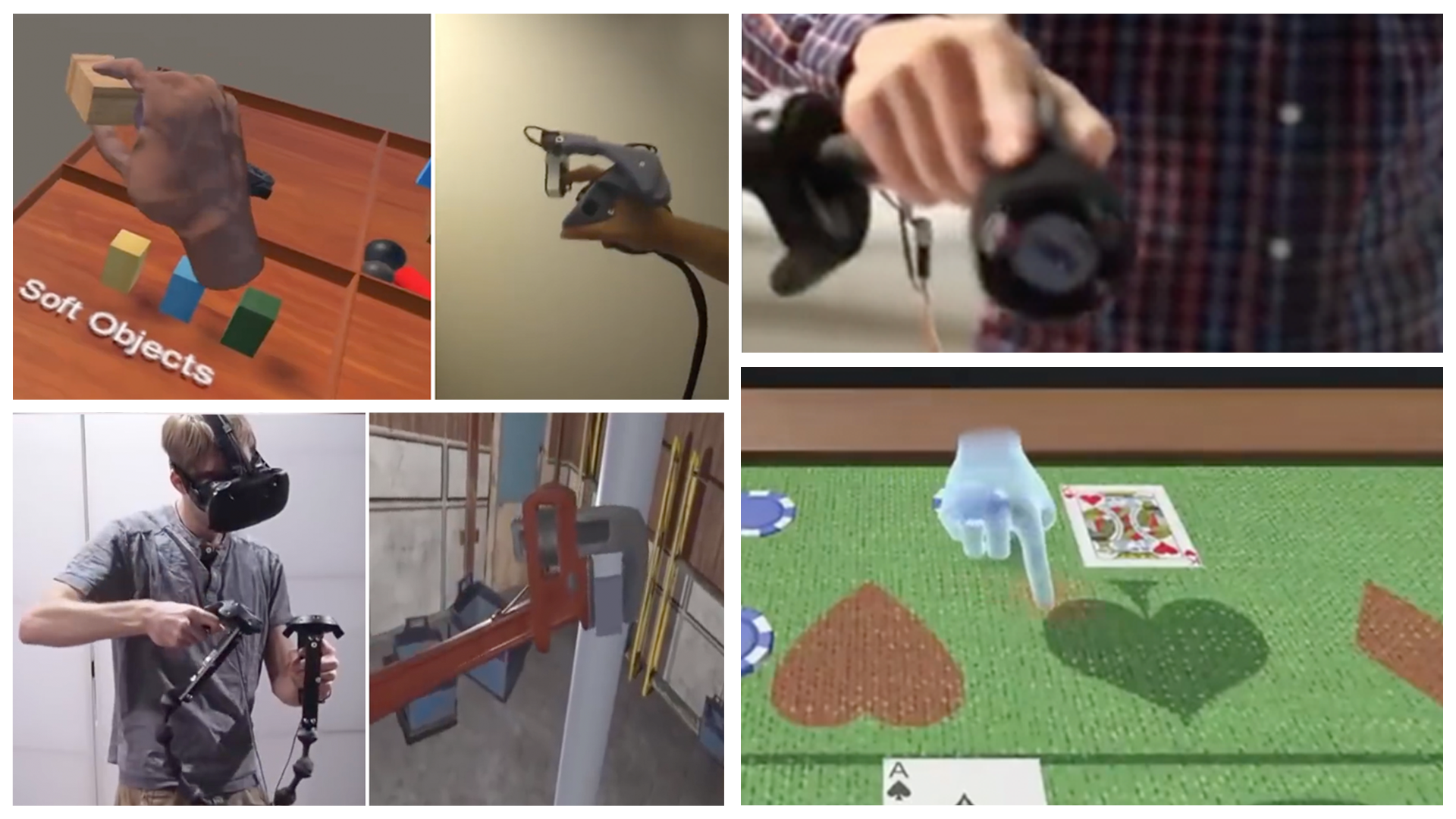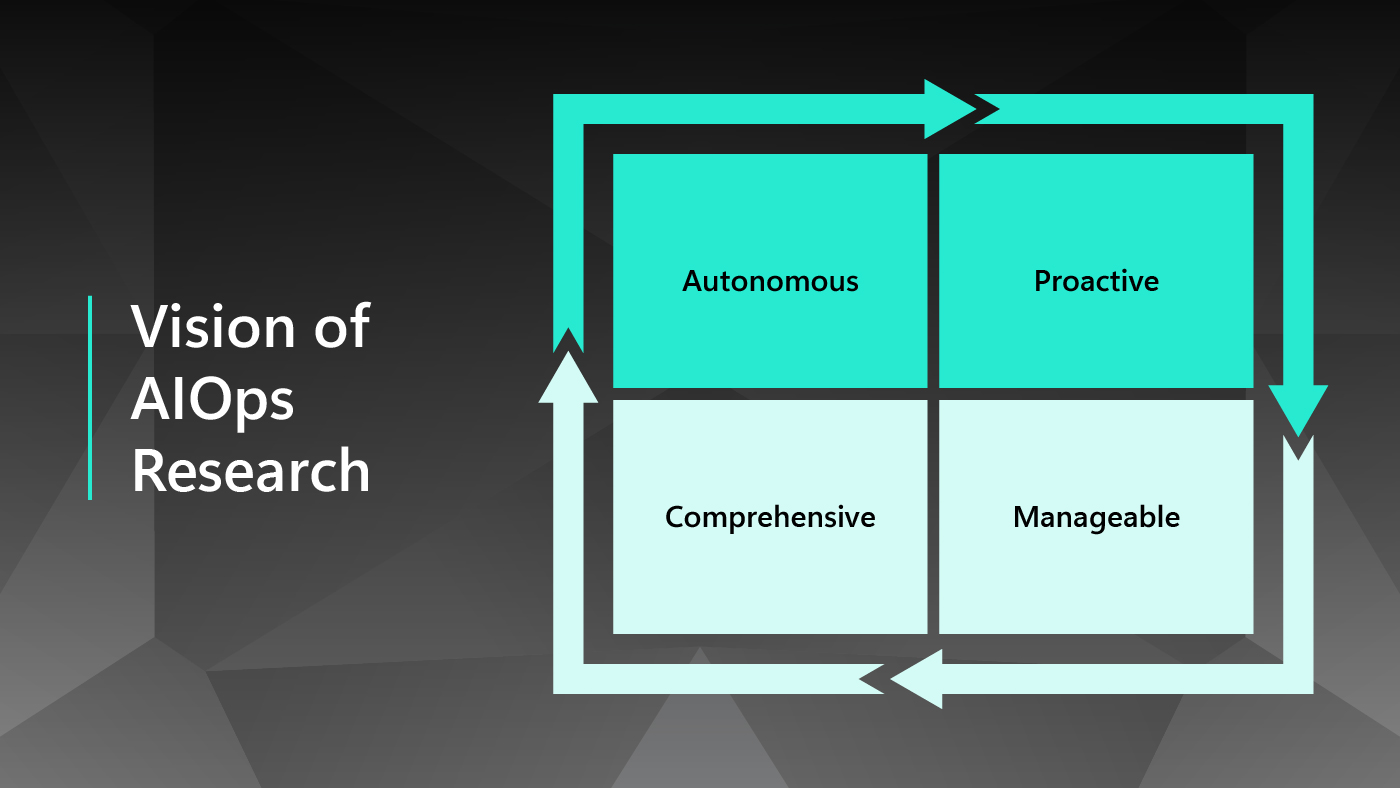By Vani Mandava, Director, Data Science Outreach, Microsoft Research
Microsoft Research is proud to support the US-wide National Science Foundation’s (NSF) Big Data Regional Innovation Hubs (BD Hubs) program by awarding $3M in Microsoft Azure cloud computing credits.
NSF supports four regional hubs for data science innovation, called the BD Hubs, throughout the United States. The consortia are coordinated by top data scientists at Columbia University (Northeast Hub); the Georgia Institute of Technology and University of North Carolina at Chapel Hill (South Hub); the University of Illinois at Urbana-Champaign (Midwest Hub); and the University of California, San Diego, University of California, Berkeley, and University of Washington (West Hub).
Spotlight: Microsoft research newsletter
“Today’s science and engineering enterprise is increasingly dependent on the ability to store, share, and analyze various types and enormous amounts of data,” said Jim Kurose, assistant director of NSF for Computer and Information Science and Engineering, which leads the program. “Cloud computing helps make this possible, and Microsoft’s contribution of Azure credits will allow the BD Hubs’ communities to make additional impacts on science and society.”
Jeannette Wing, corporate vice president of Microsoft Research, said, “Microsoft Research is thrilled to partner with the NSF-funded Big Data Regional Innovation Hubs as part of our active engagement in the academia-industry-government research ecosystem. Through the reach of the NSF, and in particular the hub-and-spoke model of the BD Hubs program, we can touch thousands of faculty and students eager to explore how the prevalence of data is changing the nature of research in all science and engineering disciplines and sparking novel approaches to address societal grand challenges. Committing Azure support to researchers and educators helps train the next generation’s data scientists on modern cloud infrastructure and services. We eagerly look forward to the outcomes of this partnership.”
The BD Hubs aim to use regional drivers such as precision agriculture, energy, and finance to bring together data scientists, engineers, and enthusiasts across industry, government, and nonprofits in pursuit of novel ideas, resources, and best practices for big data solutions. They constitute national resources for transitioning research into practice as well as educating and training the next-generation workforce in data science. The BD Hubs are partnering with Big Data Spokes (BD Spokes). Each BD Spoke focuses on a specific BD Hub driver and improving access to data, automating the data lifecycle, and applying data science techniques to solve domain science problems or demonstrate societal impact. The outcome of the BD Hubs and Spokes will be better collaboration among domain data scientists, researchers, communities, state partners, nonprofits, and industry—an outcome that will have far-reaching societal impact.
In addition to using Azure credits to support NSF-awarded BD Spoke proposals, executive directors for each of the BD Hubs are planning national and regional engagements to drive collaboration among researchers.
Lea Shanley and Renata Rawlings-Goss, co-Executive Directors of the South BD Hub plan to reserve part of the credits to support emergent opportunities with potential for high impact in one of their BD Hub’s strategic verticals such as health, smart and connected communities, energy, and coastal resilience. These opportunities could include efforts such as regional challenges, collaborations to make government data widely available to the research community, and data-centric projects that engage groups commonly underrepresented in data science, such as Historically Black Colleagues and Universities (HBCU).
Melissa Cragin, executive director of Midwest BD Hub, said the leaders in that BD Hub are exploring ideas to use the Azure credits to facilitate early-career academic research projects and drive new data-science research collaborations between and across the Spokes’ efforts. This would provide, for example, opportunities for digital agriculture (such as precision farming and sustainability) and food-water-energy BD Spokes to use newly combined data to address interdisciplinary, systems-based science.
Executive director of West BD Hub, Meredith Lee, said that BD Hub will use the collaboration with Microsoft Azure to support their goal of building a community of practice to link data practitioners with the tools they need. These tools will help develop public-facing narratives to promote civic engagement. As an example, the BD Hub recently held its first “The Science of Data-Driven Storytelling” workshop, which attracted more than 700 registered attendees.
Northeast BD Hub’s executive director, René Bastón, proposes a unique public-private partnership model for the use of the cloud credits. This BD Hub plans to store research datasets from government and other sources in the cloud and use the cloud credits to allow academic institutions, startup companies, and NGOs to create services and applications with tangible impact on real-world challenges in that BD Hub’s priority areas: cities and regions, data driven education, discovery science, energy, finance, and health.
The Azure for Research program has been instrumental in seeding hundreds of academic research projects in the cloud. This is fueling the tremendous impact of Microsoft Azure on accelerating and promoting data-intensive research. The Cortana Intelligence Suite (Microsoft’s data and analytics platform), with Azure Machine Learning, Jupyter Notebook with R and Python, Azure Data Lake, and Spark on HDInsight, empowers researchers and data practitioners across all technology and scientific domains to leverage the power of the cloud using tools with which they are familiar. The Azure for Research training program has empowered thousands of students globally. A graduate student at a recent training event at University of Illinois at Urbana-Champaign, remarked, “I spent last semester building a regression model in Python and I just did the same thing in 10 minutes in Azure ML.”
Microsoft is excited to collaborate with each of the BD Regional Innovation Hubs and support all of the BD Hubs’ leaders in their execution of the NSF goals for the BD Hubs and Spokes program. The $3M in cloud computing credits will help drive data science research efforts to the next level, advancing data-driven innovation nationally.
Learn more
- NSF Big Data Innovation Hubs collaboration — looking back after one year
- National Science Foundation Big Data Regional Innovation Hubs
- West Big Data Innovation Hub
- South Big Data Innovation Hub
- North East Big Data Innovation Hub
- Midwest Big Data Innovation Hub
- Azure for Research
- Cortana Intelligence Suite





